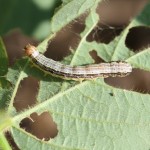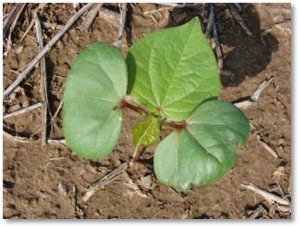UT’s Soybean Scout Schools will be held in July (see details below). These field-side programs cover the basics of soybean growth, scouting, pest identification, and general management. Pesticide recertification and CCA CEU points will be available. Scout Schools are offered free of charge with sponsorship from the Tennessee Soybean Promotion Board. Registration is not required. Participants will receive a scouting notebook and a sweep net while supplies last.
West TN – Madison County, July 15th, 9:00 AM – 11:30 AM. This school will be at the West TN Research and Education Center, 605 Airways Blvd. Jackson TN, 38301. Signs will be up at the station to direct you to the field.

Middle TN – Franklin County, July 16th, 9:00 AM – 12:00 PM. This school will be at 601 Cumberland St., Cowan TN 37318. Contact Matthew Deist for more information. 931-967-2741, mdeist@utk.edu. Register online at https://tiny.utk.edu/SoybeanScoutSchool
West TN– Obion County, July 17th, 9:00 AM – 11:30 AM. This school will be held at the Obion Farmers Coop, 810 Mt. Zion Rd Union City, TN 38261. Contact Garrett McDaniel for more information gartmcda@utk.edu, 731-223-1178.





